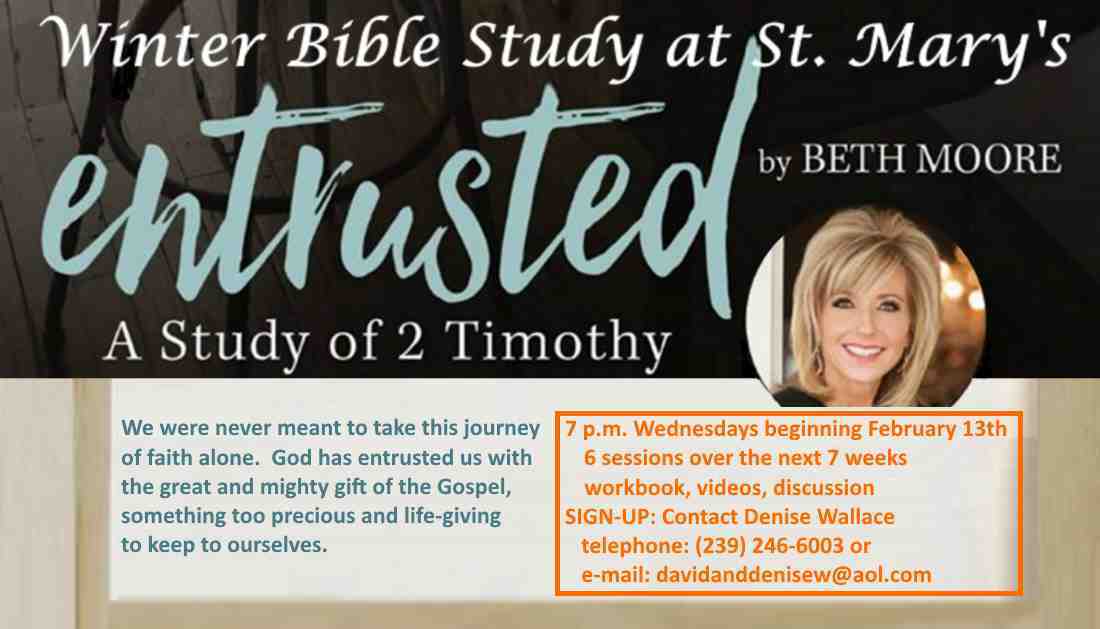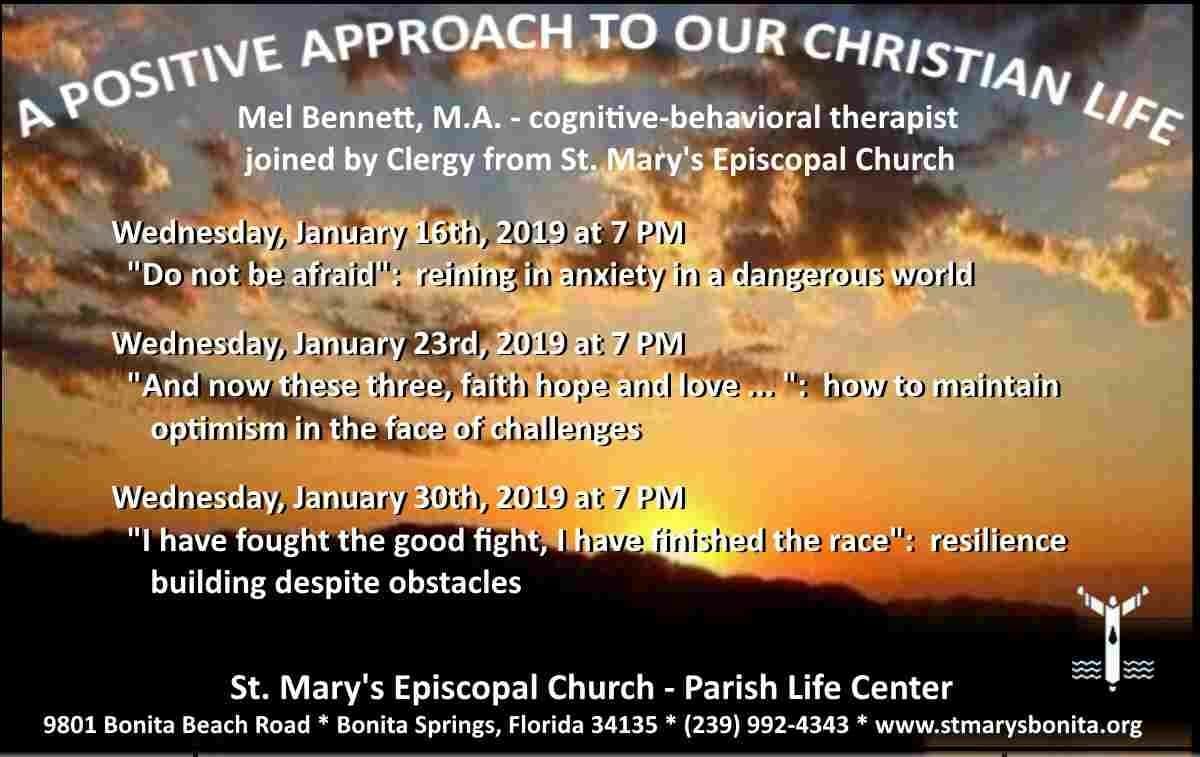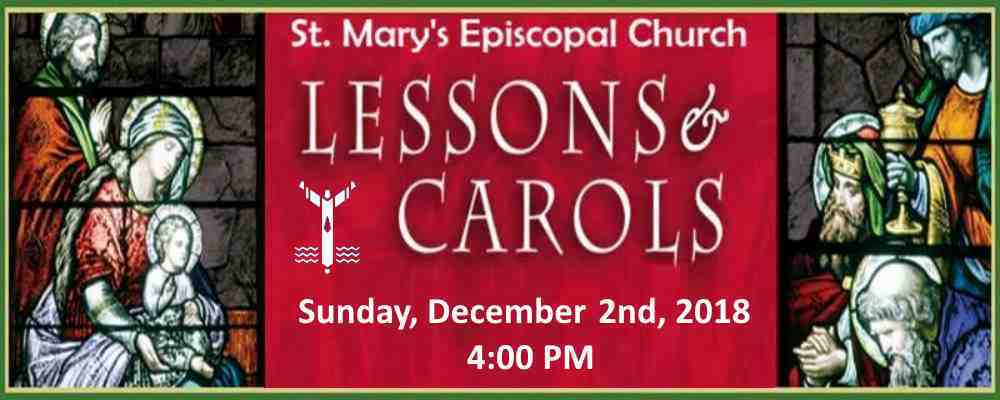In previous Insights Into Liturgy, we’ve delved into the Lectionary and the Liturgical Calendar and how they work in harmony as we plumb the depths of Holy Scripture on a three cycle that is shaped by the life of Christ and set in motion by the setting of the date for Easter. The Season of Christmas is particular enriched by the scriptural sources that encompass the celebration of Christ’s Nativity, his Incarnation. The following are a few examples.
The Foretelling from Isaiah 9:6: For a child has been born for us, a son given to us; authority rests upon his shoulders; and he is named Wonderful Counselor, Mighty God, Everlasting Father, Prince of Peace.
The Role of the Virgin Mary, our Patron Saint, from Luke 1:30-32: Do not be afraid, Mary, for you have found favor with God. And now, you will conceive in your womb and bear a son, and you will name him Jesus. He will be great, and will be called the Son of the Most High, and the Lord God will give to him the throne of his ancestor David.
The Narrative from Luke 2:8-20: …”you will find a child wrapped in bands of cloth and lying in a manger.” And suddenly there was with the angel a multitude of the heavenly host, praising God and saying, “Glory to God in the highest heaven, and on earth peace among those whom he favors!”
The Theology from John 1:1-14: In the beginning was the Word, and the Word was with God, and the Word was God…and the Word became flesh and lived among us, and we have seen his glory, the glory as of a father’s only son, full of grace and truth.
As transforming and transcendent these few passages are from the Christmas Liturgy of the Word, they are but a glimpse into the revelation of God in Christ as found throughout Holy Scripture. And central to that revelation is that this has been God’s plan from the beginning. To quote from St. Paul’s Letter to the Ephesians (3:9-10): “…and to make everyone see what is the plan of the mystery hidden for ages in God who created all things; so that through the church the wisdom of God in its rich variety might now be made known.” In other words, our celebration of Christmas, the birth of Jesus, is the revelation now made known to us of God’s plan from the beginning of time for our redemption and salvation through Jesus Christ. This is so important it should be repeated…our celebration of Christmas, the birth of Jesus, is the revelation now made known to us of God’s plan from the beginning for our redemption and salvation through Jesus Christ. St. Paul goes on elsewhere in this chapter from Ephesians to use the expression “the boundless riches in Christ.” And this is our gift each and every Christmas, and it comes from God: that by the grace of God, through the power of the Holy Spirit, we now possess “the boundless riches in Christ”; a wealth far, far beyond any earthly riches. For which we say, Merry Christmas! Alleluia!







Leave A Comment